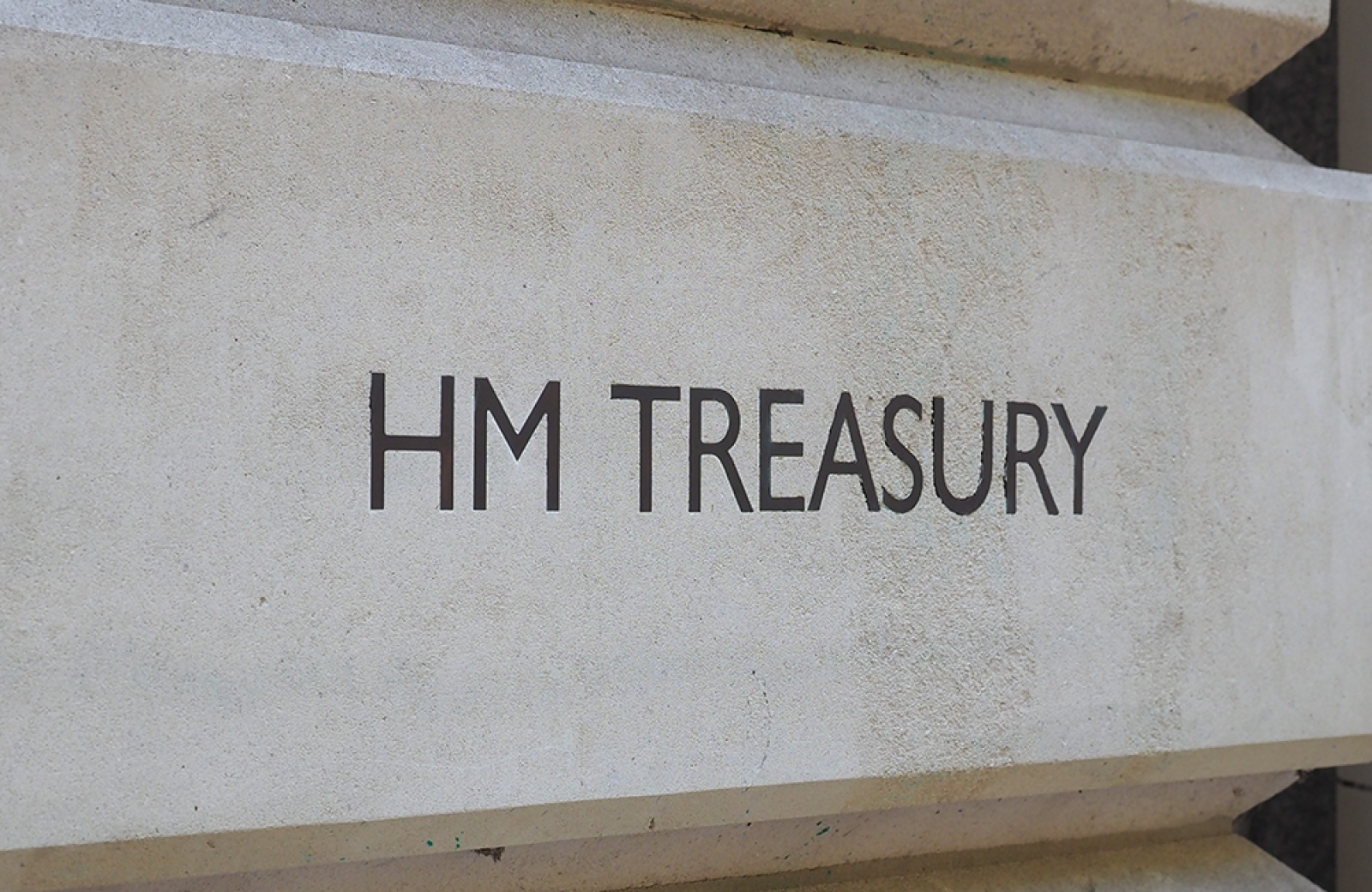Transport investment: the answer to the Chancellor’s election Budget dilemma

The Spring Budget is just around the corner. It could be the last fiscal event before the General Election. As such, it is the final opportunity for the Chancellor to set policies that will steer his party towards the election, with the expectation that his focus will be on vote-winning measures.
Investment in transport is a cost-effective way to deliver a wide range of Government policies and directly impact millions across the country, so we are calling on the Chancellor to put transport spending certainty at the core of his pre-election priorities.
The 2023 Spring Budget announced £8.8bn for a second round of the City Region Sustainable Transport Settlements (CRSTS), which was a welcome boost of confidence for our members. Long term funding certainty, sustained momentum on devolution and joined up policy thinking is at the core of our asks, ahead of the 6 March Budget.
The benefits of transport investment
Growing the economy was the second of the pledges that the Prime Minister Rishi Sunak made at the start of his premiership. Transport investment is at the heart of sustainable long-term economic growth. We already know that, for example, every £1 invested in bus generates £4.48 in benefits. A recent TUC report estimates that investment in public transport would boost annual GDP by £52bn by 2030 through productivity gains – an estimate based on comparisons with European locations with better public transport provision – and create 140,000 new transport jobs.
Transport delivers value for money and return for investment far beyond just economic growth. Transport is the golden opportunity - an intervention that delivers on multiple fronts, simultaneously – from achieving Net Zero to improving public health, and from boosting economic growth, to enabling social justice. As such, funding for public transport, walking and cycling should not be viewed simply as a cost but as an investment in the future of our people and places.
Countless transport strategies have been introduced by the Government over the last few years, including Gear Change, the National Bus Strategy and the Transport Decarbonisation Strategy, amongst others. These all feature welcome and ambitious objectives. However, our members need adequate, long-term financial support to achieve the levels of transformation they envisage. After much of last year’s announcements, we crucially require certainty that what is often referred to as “committed” or “announced” funding leads to delivery.
The Chancellor’s recognition in the 2023 Spring Budget of the benefit of long-term devolved models of transport funding was welcome. The first tranche of the CRSTS fund is already bringing about tangible improvements to public transport across our member areas. However, the rising costs of capital projects means that, in effect, transport authorities are unfortunately in the position of being able to ‘do less for more’.
We are urging the chancellor to appreciate the current impact of transport revenue funding reductions - including via wider cuts in local government funding. The financial difficulties faced by local councils up and down the country, including the constituent members of Combined Authorities, is an increasing concern to our members, as cost and demand pressures are rising faster than funding.
The bus
When it comes to mode specific concerns, at the top of our lists is the future of bus – the most used form of public transport in the country and the key to connecting people to opportunities and improving quality of life. The latest tranche of Bus Service Improvement Plan (BSIP) funding was a positive step. The announced funds are, however, only a fraction of what is needed to truly transform local services in the way the National Bus Strategy envisages, particularly after years of authorities using available funds to safeguard existing networks.
Consolidation, devolution and a longer-term approach must be extended to the operation of bus services outside London. With networks still recovering post-pandemic and authorities expecting to face additional financial pressures this year, there is an urgent need for fiscally responsible and financially sustainable long-term funding for bus services.
A long term settlement for bus would be a welcome step towards all city regions receiving long term single public transport settlements – currently in progress for the two Trailblazer areas, Greater Manchester and West Midlands. We hope to see the Chancellor use the spring budget to continue the momentum on devolution.
Seizing the opportunity
We have argued that long term investment in urban transport networks and services, which will directly impact on the daily lives of millions up and down the county, would deliver just that.
The impact that inadequate public transport has on the economy, on businesses and on communities, particularly in a cost-of-living crisis, is profound. The long-term importance of local public transport is clear, as is the immediate need for funding to build resilience back into a system still recovering from the impact of the pandemic. We hope to see the Chancellor seize the opportunity to prioritise long term clarity and investment in our city regions and their public transport networks to secure sustainable economic growth and good social outcomes for all.
Download the letter to the Chancellor and see UTG’s full submission to the Spring Budget 2024 here.
Monta Drozdova is Policy and Research Advisor at the Urban Transport Group

